Brightest phone displays test: Oppo Find X6 Pro vs Galaxy S23 Ultra vs iPhone 14 Pro Max
We may earn a commission if you make a purchase from the links on this page.
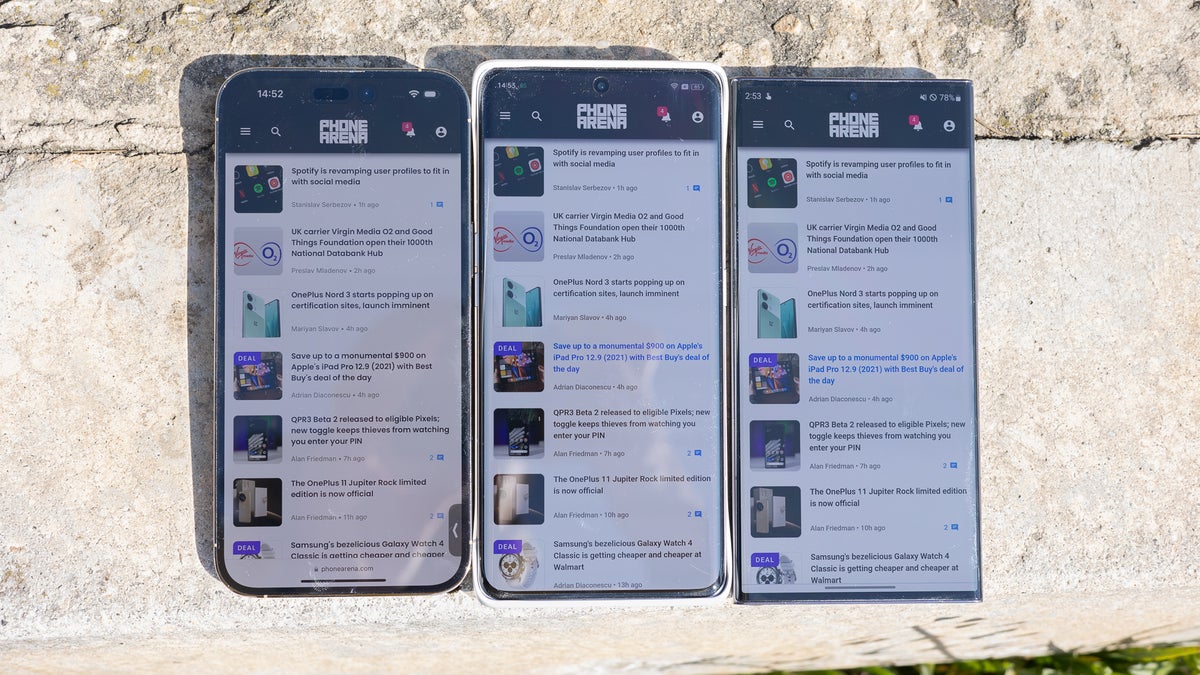
The newest flagship phone from Oppo's Find series - X6 Pro - brings with it many records like the biggest periscope zoom or ultrawide camera sensors, but it also earned a top ranking in our best phone displays 2023 list as it one-ups Apple and Samsung at their own screen game with the brightest phone panel around.
At the whopping 2,500 nits of peak brightness, the Oppo Find X6 Pro beats the heretofore record holder iPhone 14 Pro Max with its 2,000 nits, or the Samsung Galaxy S23 Ultra which inherits the 1,750 nits value of its predecessor.
These peak brightness numbers, however, are achieved when only a minuscule section of an OLED display is lit up at full power and displaying white, or in the situation when an OLED panel consumes the most energy. Moreover, outdoor visibility is a function of several other factors, too, such as screen coating and reflectance, or display contrast.
In reality, the typical brightness level that Apple advertises is 1000 nits max brightness with 1600 nits only when showing HDR content, while the 2000 nits peak brightness level is for sections of the display when the iPhone 14 Pro series is used outdoors under direct sunlight.
Ditto for the Samsung Galaxy S23 Ultra whose maximum is 1200 when displaying HDR content, and 1750 nits outside under strong sunlight on automated brightness setting. Still, when we measured the Oppo Find X6 Pro typical display brightness, its numbers were indeed higher than what both the iPhone 14 Pro Max or the Galaxy S23 Ultra managed to muster:
The brightest phone display
While the Oppo Find X6 Pro advertises humbler typical everyday brightness maximum indoors of 800 nits, which can rise to 1500 nits with HDR content, it can also rev up to the jaw-dropping 2500 nits under direct sunlight on automatic settings. This is a niche scenario, unless you live in a seaside town in warm climates and beachgoing comes as a second nature, that is.
Those who are out and about the whole day in the warm and sunny summer months would also appreciate squeezing any extra nit from their phone screen, so we did a quick improvised test outside to see how everyone's peak brightness claims hold up in reality.
We took the Oppo Find X6 Pro, Apple iPhone 14 Pro Max, and the Samsung Galaxy S23 Ultra outdoors, and placed them under the rays of a bright afternoon sunshine. While it is hard to capture minute brightness increments with a camera, especially with all the sunshine blasting around, all three displays remained subjectively visible even in these harsh conditions.
Depending on the sunshine's angle it was either the Oppo Find X6 Pro or the Galaxy S23 Ultra that managed to rev up to the state of most visible phone screen outdoors in the sunlight. They also have colder, subjectively brighter display color temperature compared to the iPhone's yellowish whites.
Long story short, we've lately been witnessing a handful of phone displays that break the 1000 nits typical brightness threshold in our display tests which usually bodes great for their outdoor visibility in direct sunlight as you can see from the pictures here.
The Oppo Find X6 Pro, however, takes Samsung's latest LTPO3 OLED display generation and pushes the technology to achieve record phone screen brightness, while at the same time offering Apple's touch-sensitive dynamic refresh rate adjustments and per-unit wide-gamut color calibration at the factory, something that only an exclusive subset of phone makers troubles themselves with.
Follow us on Google News
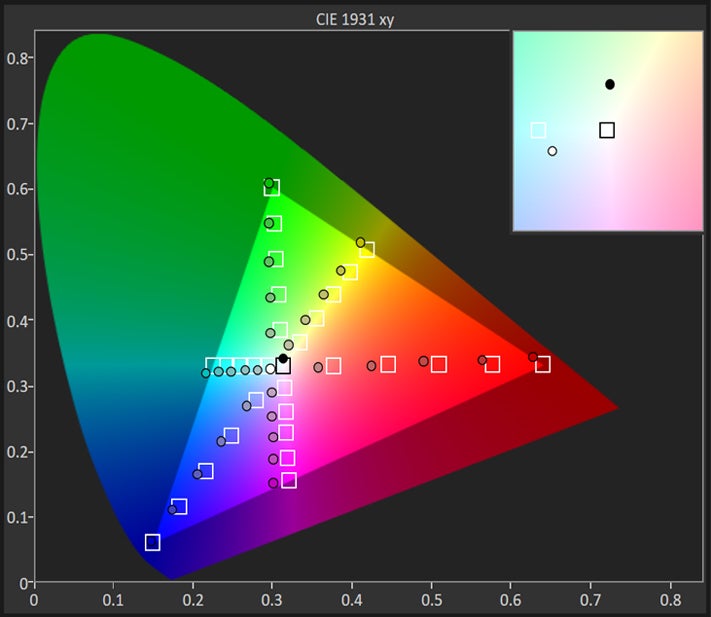
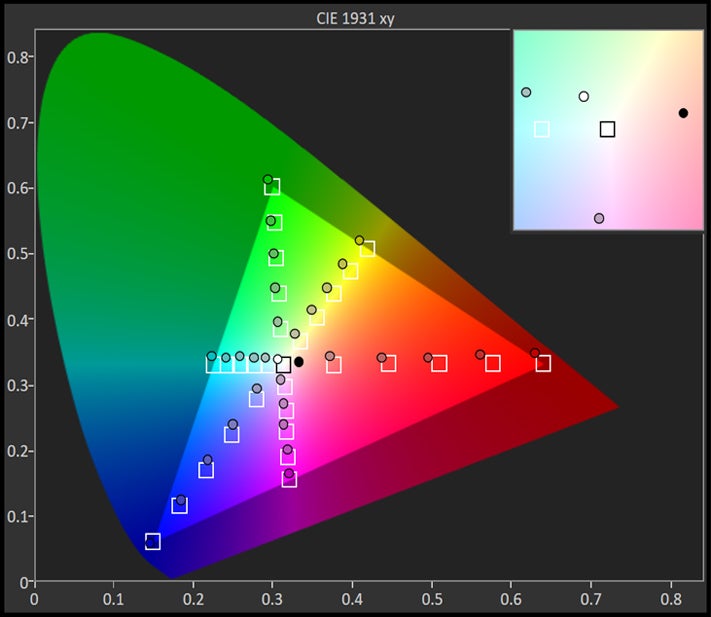







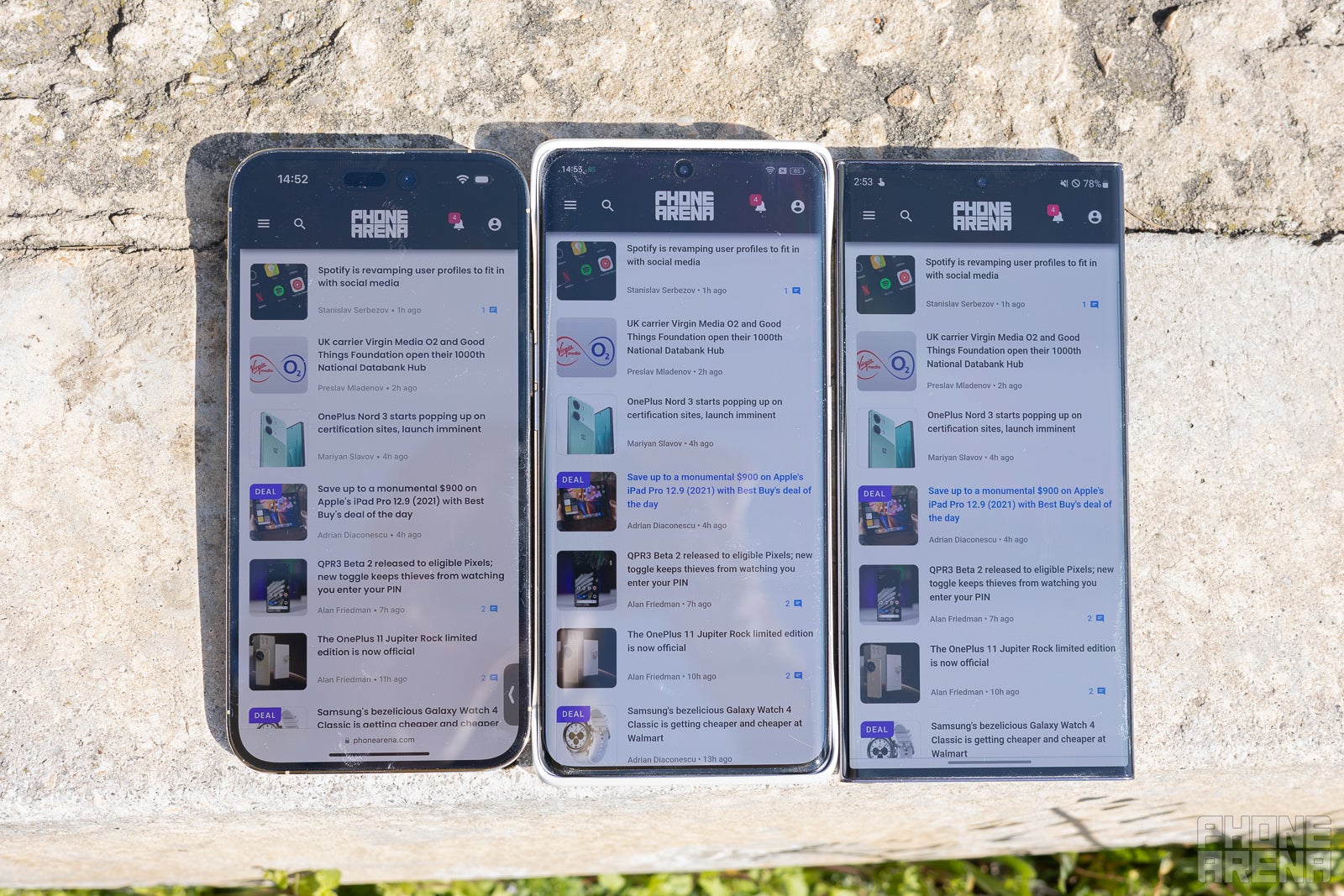
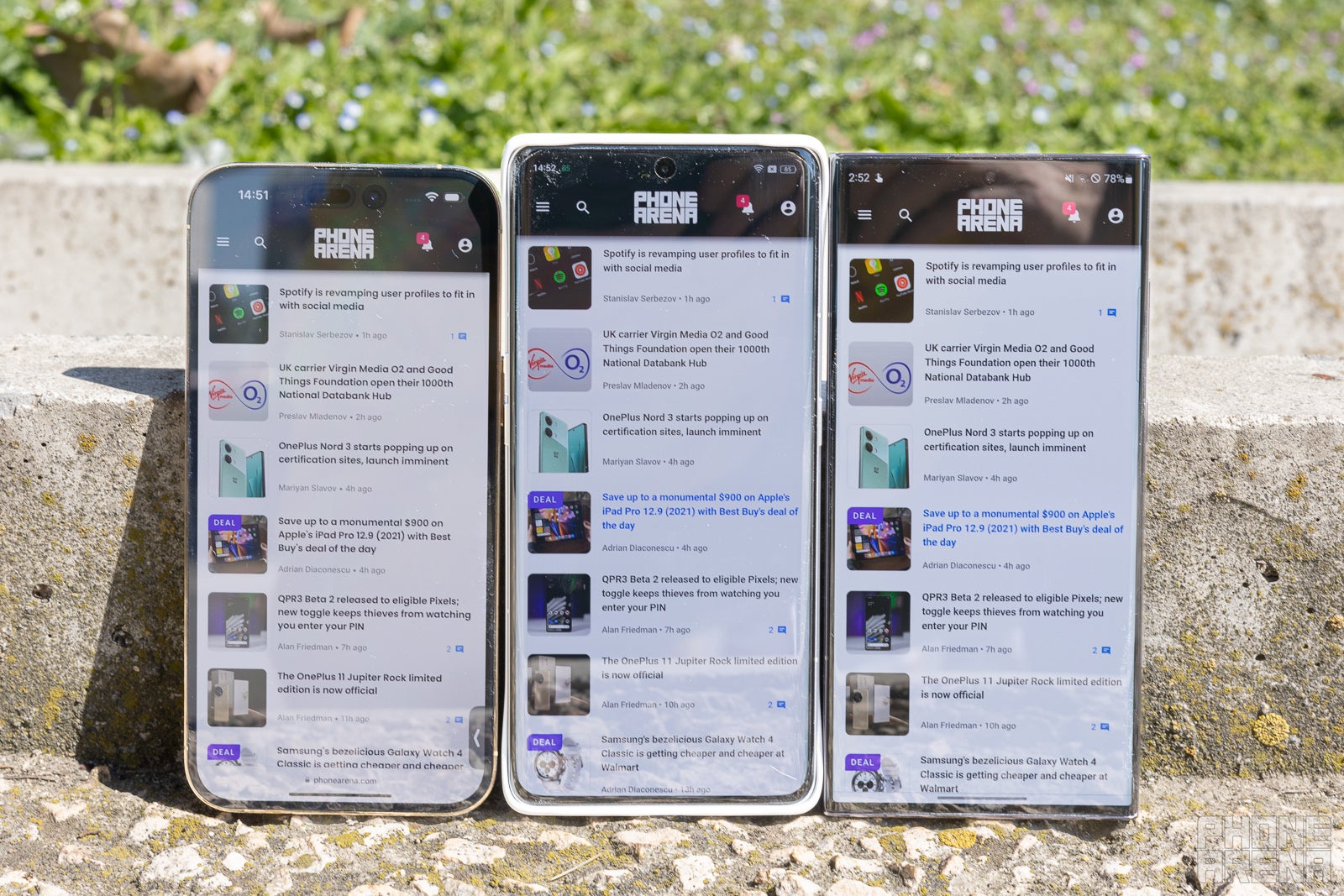






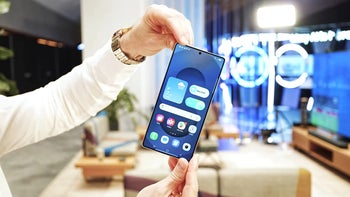


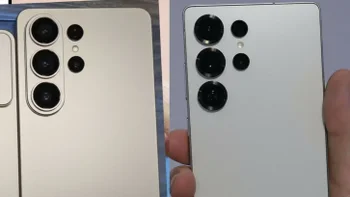
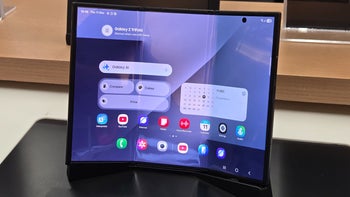
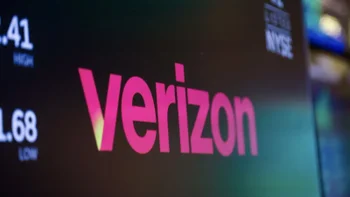
Things that are NOT allowed:
To help keep our community safe and free from spam, we apply temporary limits to newly created accounts: